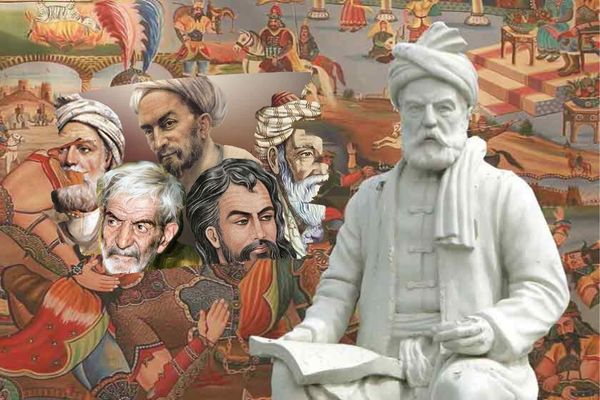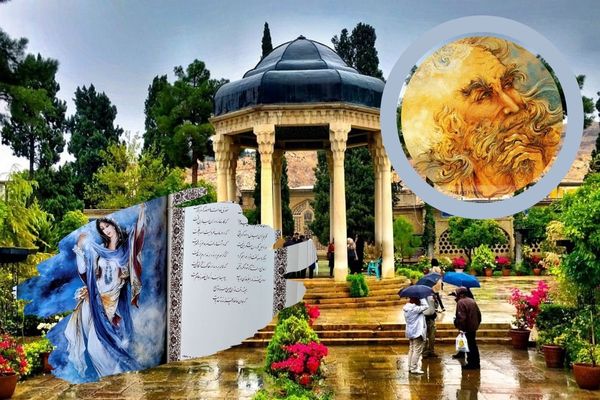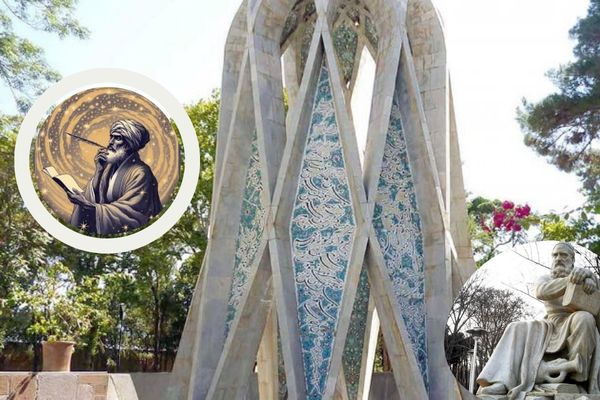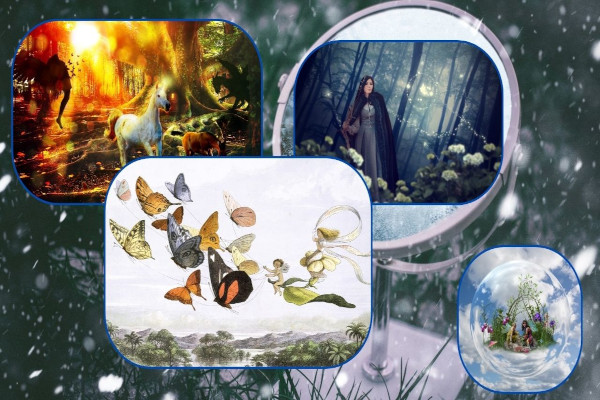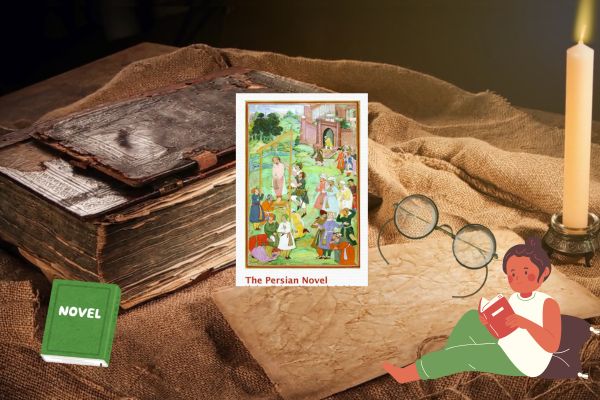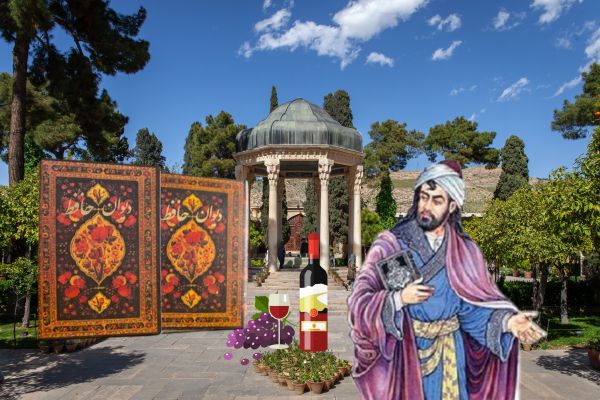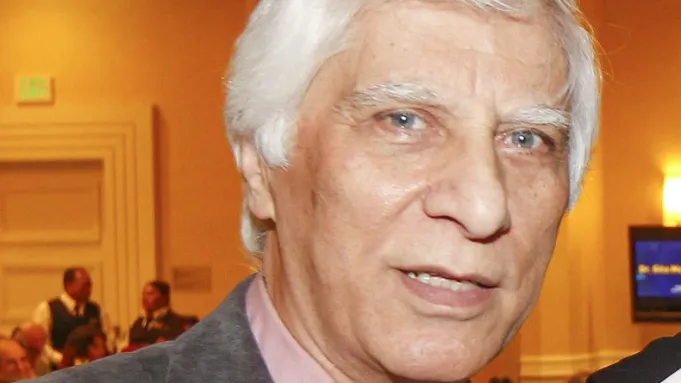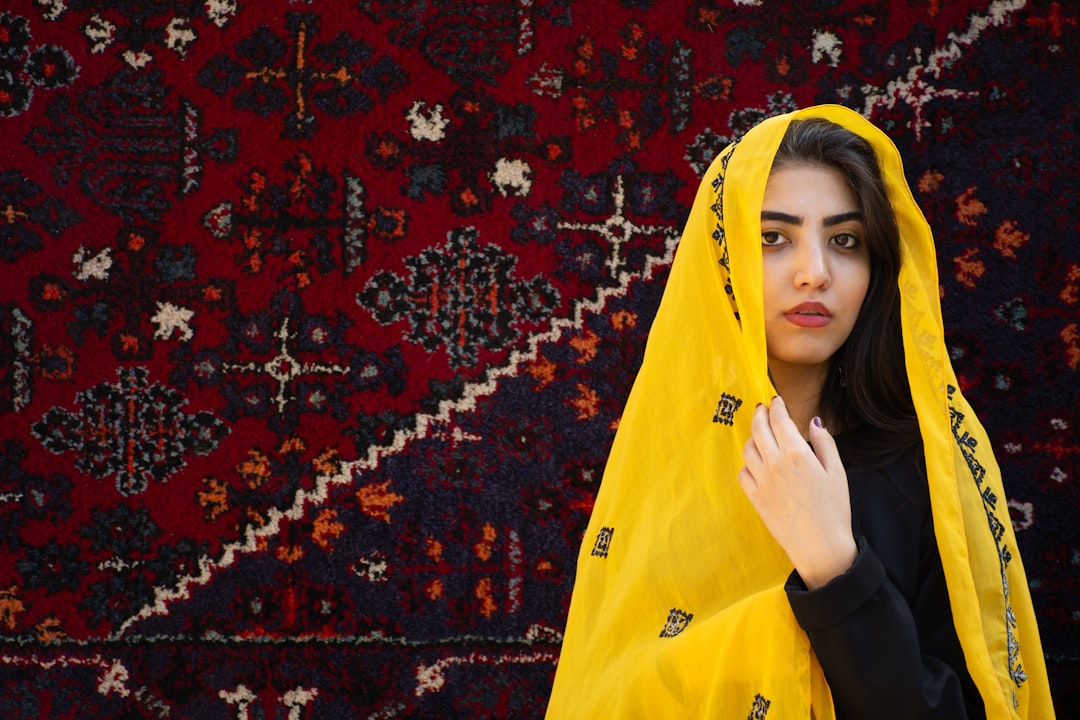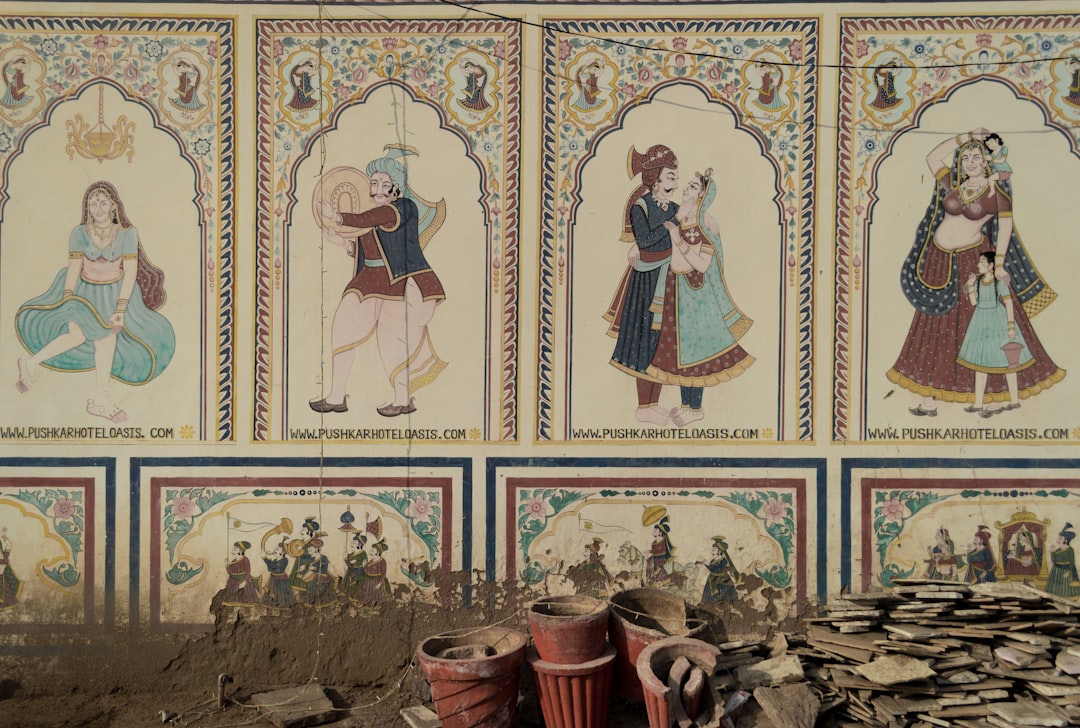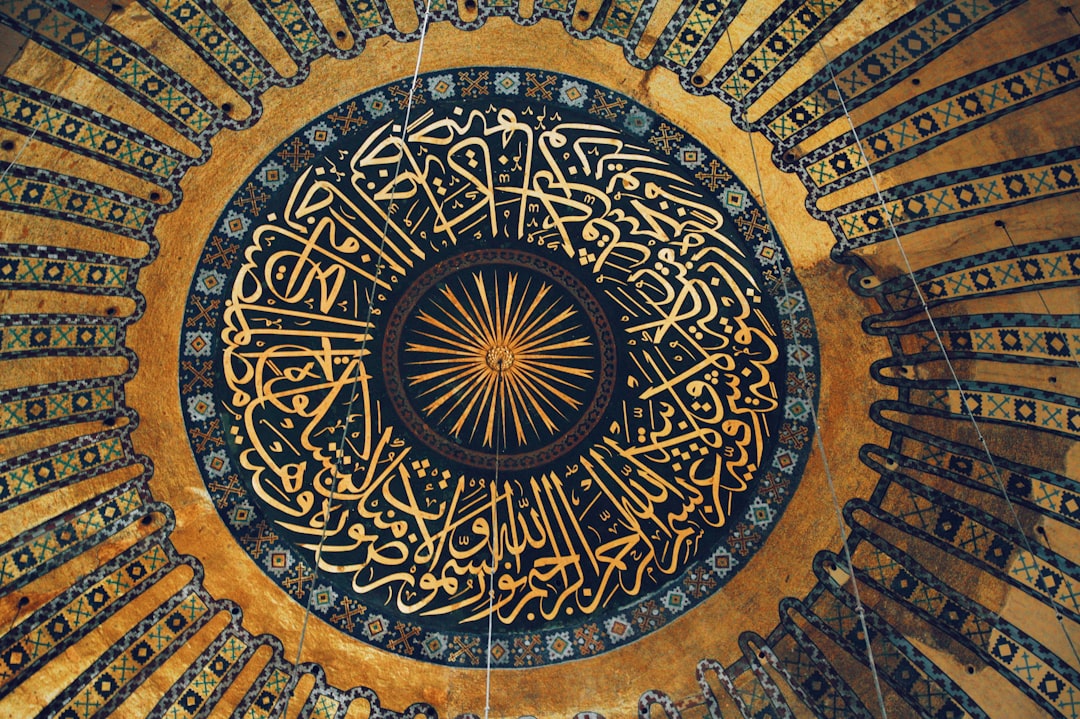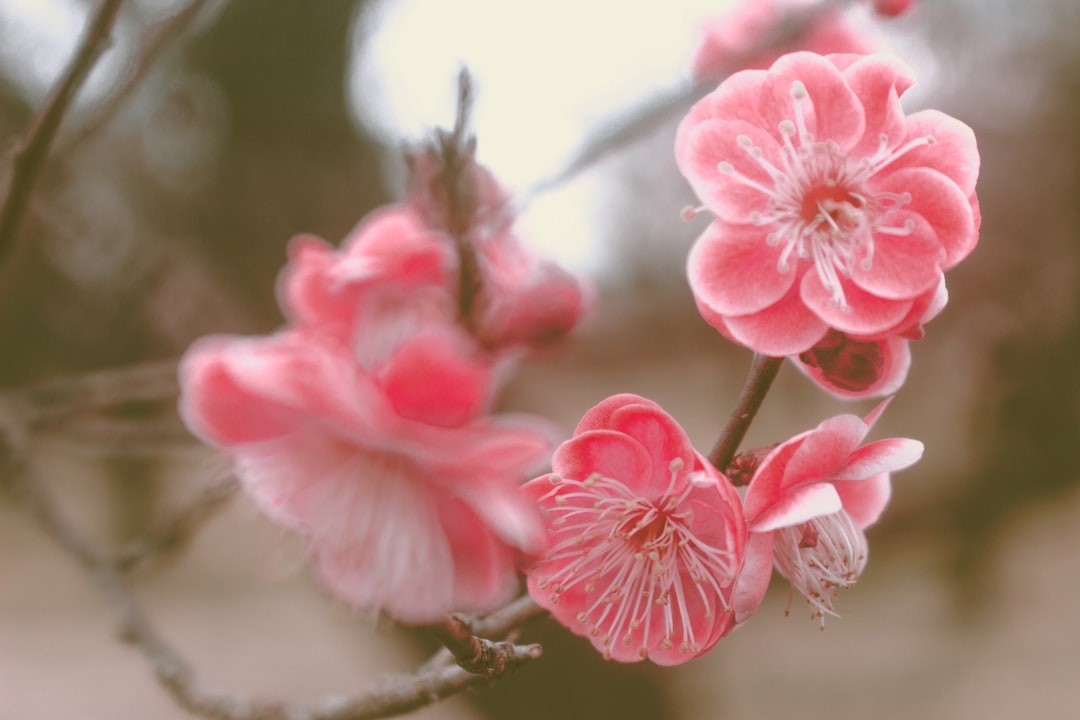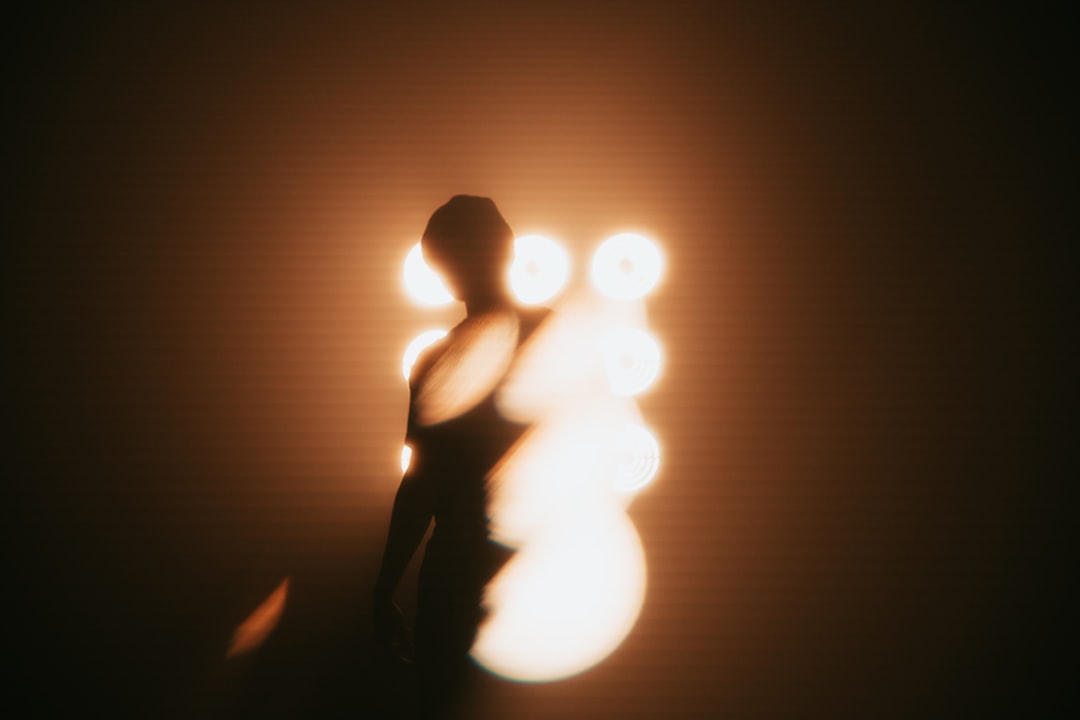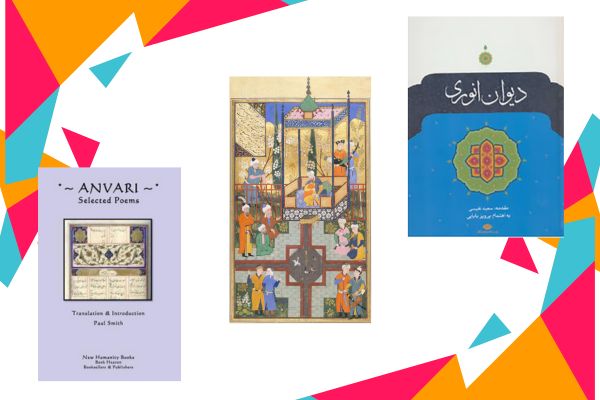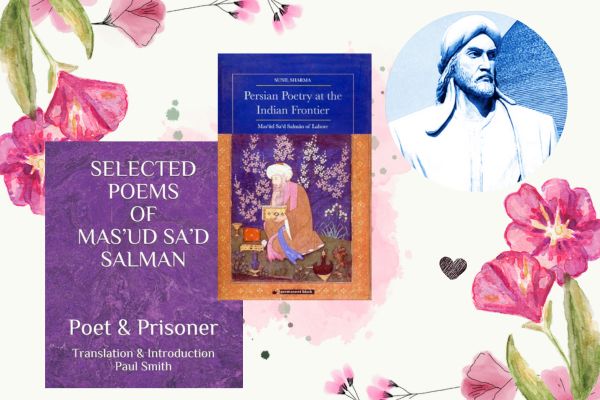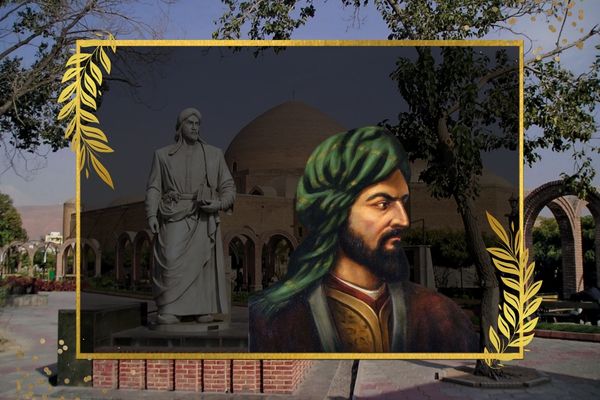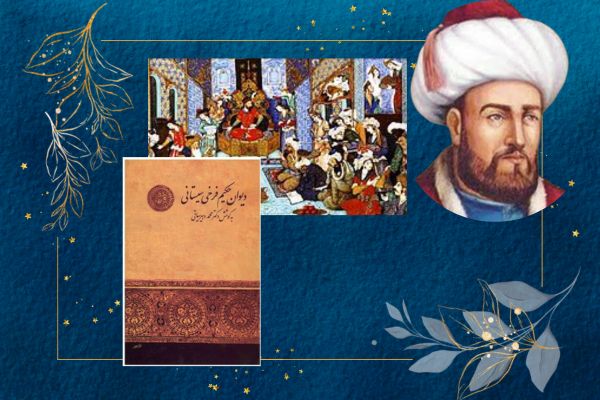
Welcome to sweet land of Persian literature
Saraye Sokhan is a web application designed for non speakers Persian language lovers. Our goal is to provide a user-friendly platform where you can share your Persian language exploring experiences, connect with like-minded individuals, and learn from a diverse community of experts.
Are you looking to improve your familiarity with Persian language literature and connect with other enthusiasts? Look no further than Saraye Sokhan! This web application is your one-stop shop for all things Persian language literary.
Saraye Sokhan, which translates to "Palace of Words," fosters a welcoming environment for Persian literature of all levels. Share your experiences, ask questions, and gain valuable insights from a community of experts. Explore a treasure trove of resources, including poems in various Persian forms, informative blog posts, and practical learning materials. Let Saraye Sokhan guide you on your journey to mastering Parsi (Farsi)!
Sections
Here is the list of different parts of Saraye Sokhan. We are constantly worink on them for improvements and ease of use. Please participate in area of your interest by posting new contents and also giving feedback by commenting on existing contents.
Blogs
Saraye Sokhan Blog offers a treasure trove of insights into the rich tapestry of Persian literature. Discover thought-provoking articles on both classic and contemporary works, from the timeless epics of Ferdowsi to the innovative prose of modern Iranian authors. Immerse yourself in the world of Persian poetry, fiction, and non-fiction, exploring themes of love, loss, philosophy, and social commentary.
Videos
Saraye Sokhan offers a captivating collection of video content that explores the fascinating world of Persian literature. From animated storytelling to expert interviews and literary analyses, these videos provide a unique and engaging way to explore the rich heritage of Persian writing.
Please add your video about Persian literature here.
Sokhanvar
Saraye Sokhan offers a comprehensive collection of articles exploring the lives and works of both classic and contemporary Persian writers and poets. Discover in-depth profiles of literary giants like Ferdowsi, Rumi, and Saadi, as well as emerging contemporary voices shaping the Persian literary landscape. Learn about their inspirations, influences, and contributions to the rich tapestry of Persian literature.
Please add your own articles about Persian figures to existing content, and participate in discussion by adding comments to article.
Ghazaliyat
The ghazal is a highly revered poetic form in Persian literature, renowned for its lyrical beauty and emotional depth. Originating in Arabic, it was later adopted and perfected by Persian poets. Characterized by its distinctive structure of couplets, each ending with the same rhyme and refrain, the ghazal often explores themes of love, loss, longing, and spirituality. While traditionally associated with romantic love, the ghazal's power lies in its ability to transcend literal meaning, inviting multiple interpretations. Masters like Rumi and Hafez elevated the ghazal to new heights, making it an enduring and influential poetic tradition.
Rubaiyat
Robaei is a Persian poetic form that consists of a quatrain, or four lines, with a rhyme scheme of either AABA or AAAA. The word ruba’i means “four” in Arabic, and the plural form of ruba’i is rubaiyat, which is often used to refer to a collection of quatrains. Some famous examples of rubaiyat are the ones attributed to Omar Khayyam, a 12th-century Persian poet, mathematician, and astronomer. His quatrains were translated into English by Edward FitzGerald in the 19th century, and became very popular and influential in Western literature.
Learn Persian
Saraye Sokhan is a valuable resource for those seeking to learn or enhance their understanding of the Persian language. Explore a variety of educational materials designed to cater to different learning styles and levels of proficiency. From interactive language courses and grammar exercises to vocabulary lists and cultural insights, our resources provide a comprehensive approach to mastering Persian. Whether you're a beginner or an advanced learner, you'll find the tools and support you need to embark on your Persian language journey.
Hekayat
Hekayat, a distinctive genre of Persian literature, typically consists of a concise narrative or a nugget of wisdom, often embellished with poetic verses. These short tales, rich in symbolism and moral lessons, have played a significant role in shaping Persian culture and storytelling traditions.
Write and publish your own Hekayat in this section and participate in discussion by adding comments to other Hekayats.
Novels
Welcome to our Persian Novels app, your gateway to the enchanting world of Persian literature. Explore a curated collection of timeless classics and contemporary masterpieces, each accompanied by detailed descriptions in English. Dive into the captivating stories and profound cultural heritage of Persia, and share your thoughts through comments and reviews. Join our community of literature enthusiasts and embark on a literary journey like no other.
Taraneha
Discover the soulful world of Persian music through our Taraneh collection. Here, we bring together timeless lyrics and modern melodies, celebrating the beauty of Persian culture. Each piece includes lyrical expressions in Persian and English, with links to major music platforms like YouTube, Spotify, and Apple Music, allowing you to experience these songs wherever you prefer. Let Saraye Sokhan’s Taraneh be your guide to the vibrant rhythms and poetic lyrics that define Persian music. Join us in preserving and sharing the artistry of these cherished songs.
Persian Movies
ebrate the beauty and depth of Persian films, showcasing a curated selection of classics and contemporary works that reflect the unique storytelling, culture, and artistry of Iran. Dive into thoughtful reviews, discover hidden gems, and connect with stories that resonate beyond borders. Whether you're a lifelong fan or new to Persian cinema, this section offers a window into the soul of a rich film tradition.
Hafez's Fal
Consult the wisdom of Hafez with our interactive Fal-e Hafez. Draw inspiration and guidance from the timeless verses of this beloved Persian poet. Experience a moment of reflection and insight with each click.
Experience a moment of connection with Persian literary tradition through our Fal-e Hafez. With a simple click, receive a verse from the Divan of Hafez, offering a unique opportunity for reflection and self-discovery. Let the wisdom of Hafez illuminate your path.
Classic Persian Heritage
Explore the rich heritage of Persian literature through our collection of classic books. From timeless classics to modern masterpieces, this section offers a glimpse into the enduring legacy of Persian writing.
Please add your own books about Persian literature to existing content, and participate in discussion by adding comments to article.
Updates
Stay up-to-date with the latest news, updates, and all other posts in Saraye Sokhan platform
You can see all latest updates on Saraye Sokhan platform in this central posts feed.
Latest Posts
Here is the list of most recent blog posts.
Bahram Beyzaei: The Filmmaker Who Gave Iranian Cinema a Mythic Voice
Bahram Beyzaei stands as one of the most intellectually rigorous and culturally influential figures in Iranian cinema. More than a filmmaker, Beyzaei is a playwright, scholar, mythologist, and visual theorist whose work reshaped the language of modern Iranian storytelling. His films are not merely narratives on screen; they are investigations …
Why Haven’t We Seen a Great Persian Poet in Recent Years?
Persian poetry is one of the oldest and richest literary traditions in the world. Names like Ferdowsi, Rumi, Hafez, Saadi, Khayyam, and Nima Yushij are not merely poets; they are cultural pillars whose verses shaped philosophy, spirituality, language, and identity across centuries. Yet many readers today ask an uncomfortable question: …
Comparing Persian mystical metaphysics with Avicennian philosophy
Persian mystical metaphysics (ʿIrfān) and Avicennian philosophy (Ibn Sīnā), though often presented as opposites, they also intersect and influence one another, especially in later Persian thought.
1. Ontology: What Is Ultimately Real?
Avicennian Philosophy
-
Reality is structured around the distinction between:
-
Necessary Being (wājib al-wujūd) → God
-
Contingent …
-
Metaphysics in Persian Mysticism (ʿIrfān)
Persian mysticism—deeply rooted in Islamic spirituality and expressed through philosophy, poetry, and spiritual practice—developed a rich metaphysical worldview that seeks to explain the nature of Being, God, the cosmos, and the human soul. Its metaphysics is not abstract speculation alone; it is meant to be lived and experienced. …
While Fortune Still Blooms
This quatrain by Omar Khayyam says:
“Now that the flower of your fortune is in full bloom,
Why is your hand idle, empty of the wine cup?
Drink, for time is a treacherous enemy,
And such a day as this is hard to find.”
اکنون که گل سعادتت پربار …
When the Cloud Weeps Over the Grass
This quatrain by Omar Khayyam says:
“A cloud came and wept again over the grass,
Without wine the color of roses, life cannot be lived.
This grass we gaze upon today in delight,
Whose dust, tomorrow, will it gaze upon?”
ابر آمد و باز بر سر سبزه گریست
بی …
Free from Heaven and Hell
This quatrain by Omar Khayyam says:
“Here we are, the wine, the minstrel, and this ruined corner,
Our souls, our hearts, our cups, and our robes filled with wine’s dregs.
Free from the hope of mercy and the fear of punishment,
Freed as well from earth and air, from …
The Unknown Artist
This quatrain by Omar Khayyam says:
“Though color and beauty have been given to me,
My face like the tulip, my stature like the cypress,
Still, I do not know why, in this tavern of dust,
The Eternal Painter adorned me so.”
هر چند که رنگ و بوی زیباست …
Beyond the Judgment of the Sober
This quatrain by Omar Khayyam says:
“If you don’t drink wine, don’t mock the ones who do,
And don’t build your life on tricks and deceit.
Don’t be proud that you abstain from wine,
For you feast on a hundred things, of which wine is but a slave.”
گر …
Before the Moon Forgets Us
This quatrain by Omar Khayyam says:
“Since no one is promised the day of tomorrow,
Keep your restless heart happy today.
Drink wine by the moonlight, O moonlike one,
For many a moon will shine and not find us here.”
چون عهده نمیشود کسی فردا را
حالی خوش دار …
Latest Ghazals
Latest Ghazals posted on Saraye Sokhan platform.
Forbidden Love
by @admin
This ghazal explores the internal conflict of a poet caught in the throes of a forbidden love. The verses depict a battle between heart and mind—where passion urges surrender, but reason warns of consequence. The imagery of midnight tresses, weeping tears, and a deceptive journey reflects the turmoil of longing …
The vow we made together, suddenly shattered and broken
by @admin
This ghazal explores the pain and anguish of a lover betrayed by their beloved. The poet laments the broken vow and the cruelty of their partner who chose another. The imagery of the "bloodshot eyes" and "flowing tears" vividly portrays the depth of their emotional distress. The final couplet emphasizes …
For one who cannot endure patience and contentment, Ghazal 135 by Saadi
by @hamed
In this ghazal, Saadi reflects on the themes of love, devotion, and the fleeting nature of time. He contrasts the suffering of a devoted lover with the indifference of the beloved, exploring the pain of unrequited love and the perseverance of the heart. Saadi advises cherishing moments with loved ones …
A heart that roamed always near the edge of danger, Ghazal 134 by Saadi
by @hamed
In this ghazal, Saadi paints a vivid picture of a heart consumed by the intoxicating chaos of love. The heart recklessly dances near danger, ignoring reason and embracing turmoil. Despite countless sorrows and warnings, it continues to chase love, abandoning logic and self-preservation. Saadi captures the futility of advising a …
Last night, the thought of your face wandered through my mind, Ghazal 133 by Saadi
by @hamed
In this ghazal, Saadi delves into the depths of love’s agony and sorrow. He reflects on the haunting vision of his beloved's face and the profound despair it evokes. The imagery of a wounded bird, blood-stained sighs, and tears soaking the earth portrays his emotional torment. Saadi’s cries of anguish …
When the cloud of your hair encircled the moon’s glow, Ghazal 132 by Saadi
by @hamed
In this elegant ghazal, Saadi masterfully blends the beauty of nature with the agony of love. The poet compares his beloved's hair to a cloud surrounding the moon and laments how tears stream from his eyes in longing. Even the bitterness of rejection becomes a sweet solace when compared to …
Last night, that stone-hearted beloved left me distraught, Ghazal 131 by Saadi
by @hamed
In this poignant ghazal, Saadi Shirazi reflects on the torment and ecstasy of love. The poet describes the emotional upheaval caused by his beloved, who has captivated both his heart and soul. Using vivid imagery of tears like coral and a bud clutching its collar, Saadi portrays the shared agony …
Last night, far from your face, O soul, my soul burned with grief, Ghazal 130 by Saadi
by @hamed
This ghazal captures Saadi Shirazi's intense longing and anguish in the absence of the beloved. The poet conveys the overpowering nature of love, which renders reason helpless and leaves the heart in turmoil. Saadi’s devotion is unwavering, with the beloved's name etched in his soul as a symbol of worship. …
A true king is one whose company is sweet delight, Ghazal 129 by Saadi
by @hamed
This ghazal by Saadi Shirazi celebrates the sweetness of companionship, the unparalleled beauty of the beloved, and the poet's unwavering devotion. Saadi contrasts worldly pleasures and idols with the divine charm of his beloved, whose presence surpasses all. He reflects on the transformative power of love, which elevates the humble …
Persian Figures
This is the latest Persian authors, poets or artists added to Saraye Sokhan platform..
Awhad ad-Din 'Ali ibn Mohammad Khavarani
Awhad ad-Din 'Ali ibn Mohammad Khavarani (اوحدالدین علی ابن محمد انوری)Afzal al-Din Badil ibn Ali bin Othman Khaqani
Afzal al-Din Badil ibn Ali bin Othman Khaqani (افضلالدّین بدیل بن علی بن عثمان)Abu'l-Hasan Ali ibn Julugh Farrukhi Sistani
Abu'l-Hasan Ali ibn Julugh Farrukhi Sistani (ابوالحسن علی بن جولوغ فرخی سیستانی)Latest Rubaeis
Latest Rubaeis on Saraye Sokhan pltform.
Each moment a treasure beyond compare
by @admin
Translation: This first life of yours, a chance so rare, Each moment a treasure beyond compare. If wasted away in the winds of neglect, No promise remains for another affair Description: Life is like a one-time-only concert—you don’t get an encore if you spend the whole time scrolling on your …
Like the fire of love, it stirs a man’s soul,
by @admin
Translation: Like the fire of love, it stirs a man’s soul, In battle and madness, it makes him whole. Like waves in the ocean, restless and wild, It blinds his reason with tempests untold Description: Testosterone is like that overenthusiastic friend who hypes you up for everything—whether it’s fighting a …
Until we learned to live, our life did fade
by @admin
Explanation: Line 1: "We chased the dawn, a fleeting, frantic race" - This line depicts a life spent in pursuit of external goals like wealth and fame, often characterized by a frantic and restless energy. Line 2: "For wealth and fame, in life's relentless chase" - This line emphasizes the …
Sweet love's a dream, a fleeting, fragile bloom
by @admin
Sweet love's a dream, a fleeting, fragile bloom - This line describes a love that is purely joyful and lacks any depth or complexity. It's presented as idealized and potentially short-lived. Where joy abounds, but shadows seldom loom - This line further emphasizes the lack of challenges or complexities in …
With freedom's breath, and health's enduring grace
by @admin
Line 1: "With freedom's breath, and health's enduring grace" - This line directly states the two most precious aspects of life: freedom and good health. Line 2: "Life's richest gifts, a smile upon each face" - This line highlights the happiness and contentment that come with freedom and health, leading …
The bustling markets hum with eager hands, New Year Markets
by @admin
"The bustling markets hum with eager hands" This line evokes the vibrant energy of everyday life, perhaps in a bustling Asian market, where people are buying and selling goods. "In Tokyo's neon, dreams in neon lands" - This line captures the modern, fast-paced energy of a major city like Tokyo, …
Quatrain 170 from Rubaiyat of Rumi
by @hamed
English Translation: Tonight, it is I, circling the dwelling of the Beloved, I circle within the Beloved's house until dawn, For it is ordained for every morning, That this skull is held within His measuring cup.
Frequently Asked Questions
Most asked questions.
How can I post on Saraye Sokhan?
You can easily signup with a new account. After we have reviewed and activated your account, you can add content and comment on other's contents.
Should I write poem and prose in Persian?
No, you can write in English or any other language, but content about Persian literature is preferred.
Latest Updates
Here is the latest updates on Saraye Sokhan platform.
New Blog Post: Hello i write about the prices
Check out the latest blog post from Georgenoido:
Hello i write about the prices
Hola, quería saber tu precio..
New Blog Post: Bahram Beyzaei: The Filmmaker Who Gave Iranian Cinema a Mythic Voice
Check out the latest blog post from admin:
Bahram Beyzaei: The Filmmaker Who Gave Iranian Cinema a Mythic Voice
Bahram Beyzaei stands as one of the most intellectually rigorous and culturally influential figures in Iranian cinema. …
New Movie Posted: Bashu, the Little Stranger (Bashu, gharibeye koochak)
Check out the latest movie posted by admin:
Bashu, the Little Stranger (Bashu, gharibeye koochak)
Bashu, the Little Stranger follows a young boy named Bashu who loses his family in a bombing during the Iran-Iraq War and flees to the …
If you have problems submitting content, please let us know to fix it.
Details...
New Blog Post: Why Haven’t We Seen a Great Persian Poet in Recent Years?
Check out the latest blog post from admin:
Why Haven’t We Seen a Great Persian Poet in Recent Years?
Persian poetry is one of the oldest and richest literary traditions in the world. Names like Ferdowsi, …
Interesting!
Details...
New Blog Post: Comparing Persian mystical metaphysics with Avicennian philosophy
Check out the latest blog post from admin:
Comparing Persian mystical metaphysics with Avicennian philosophy
Persian mystical metaphysics (ʿIrfān) and Avicennian philosophy (Ibn Sīnā), though often presented as opposites, they also intersect and influence one another, especially in later Persian …
New Blog Post: Metaphysics in Persian Mysticism (ʿIrfān)
Check out the latest blog post from admin:
Metaphysics in Persian Mysticism (ʿIrfān)
Persian mysticism—deeply rooted in Islamic spirituality and expressed through philosophy, poetry, and spiritual practice—developed a rich metaphysical worldview that seeks to explain the nature of Being, God, the cosmos, and …
New Blog Post: While Fortune Still Blooms
Check out the latest blog post from admin:
While Fortune Still Blooms
This quatrain by Omar Khayyam says: “Now that the flower of your fortune is in full bloom,Why is your hand idle, empty of the wine cup?Drink, for time is a …
New Blog Post: When the Cloud Weeps Over the Grass
Check out the latest blog post from admin:
When the Cloud Weeps Over the Grass
This quatrain by Omar Khayyam says: “A cloud came and wept again over the grass,Without wine the color of roses, life cannot be lived.This …



